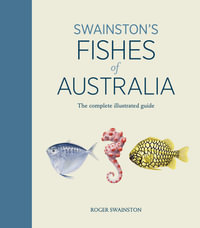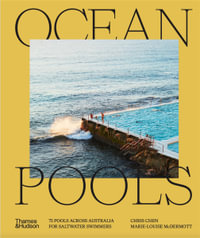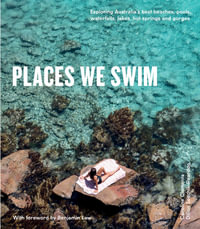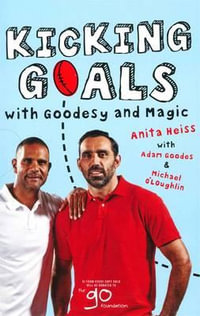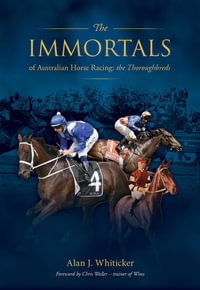Iceland is a tiny Nordic nation with a population of just 330,000 and no professional sports leagues, and yet its soccer, basketball and handball teams have all qualified for major international tournaments in recent years. This fascinating study argues that team sport success is culturally produced and that in order to understand collective achievement we have to consider the socio-cultural context.
Based on unparalleled access to key personnel, including top coaches, athletes and administrators, the book explores Icelandic cultural capital as a factor in sporting success, from traditions of workmanship, competitive play and teamwork to international labour migration and knowledge transfer. The first book to focus specifically on the socio-cultural aspects of a small nation's international sporting success, this is an original and illuminating contribution to the study of the sociology of sport.
Sport in Iceland: How small nations achieve international success is fascinating reading for team sport enthusiasts, coaches, managers and organisers, as well as for any student or scholar with an interest in the sociology of sport, strategic sports development, sports policy or sports administration.
Industry Reviews
"In general, the book sheds an informative light on the Icelandic sports system and Icelandic culture as explanations for sporting success ... All in all, the book is well written and insightful, hence it is warmly recommended." - Eivind A. Skille, Inland Norway University of Applied Sciences
"A timely investigation of an alternative state model of sport ... Halldorsson effectively situates Iceland's sporting achievements within the country's distinct cultural and social context. His assertions regarding the importance of sociocultural context for elite performance have the potential to encourage further research attention to this topic. As one of a diminishing number of countries willing to maintain a widespread and publicly supported community sporting structure, Iceland provides a successful model of sport for its own intrinsic values." - Daniel Eisenkraft Klein, University of Toronto, International Journal of Sport Policy and Politics










